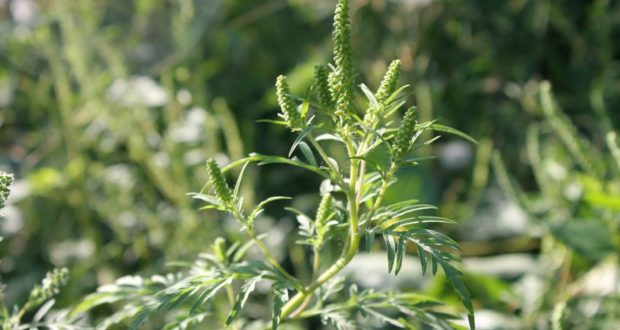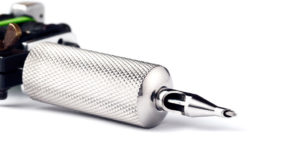There’s a very good chance that someone you know suffers from seasonal allergies; roughly 50 million Americans experience allergic reactions to pollen alone. As if high ragweed counts weren’t bad enough, the presence of a common pollutant might make things even worse.
A Warning Sign?
A group of German researchers contend that nitrous oxide (NO2) ‒ a hazardous chemical emitted by automobiles ‒ could increase the allergenic characteristics of ragweed pollen. For their research, this group subjected ragweed samples to various amounts of NO2. The samples were then examined for an widespread allergy-triggering substance called Amb a 1.
Upon examining the ragweed collected, the research team found that the amount of Amb a 1 in a ragweed plant corresponded with its NO2 exposure. In other words, samples subjected to greater amounts of NO2 also had higher levels of Amb a 1. Furthermore, pollen from plants drenched with NO2 exhibited a greater capacity to attach themselves to allergy antibodies. Such a trait could easily worsen adverse reactions to those allergic to ragweed pollen.
Prior to this research, study author Dr. Ulrike Frank note that the relationship between ragweed pollen and air pollution “was not entirely clear.” Frank also stated that, given his team’s findings, “it can be expected that the already aggressive [ragweed] pollen will become even more allergenic in the future due to air pollution.”
Minimizing Ragweed Exposure
While ragweed allergies can’t be cured, there are steps allergy sufferers can take to limit their exposure to this allergen by taking the following precautions:
- Generally speaking, pollen counts are at their zenith from 10am to 4pm. If you can, try to stay inside during this timeframe.
- Before heading to bed, take a shower to wash away pollen clinging to your body
- Despite your best efforts, ragweed pollen can still get into your home rather easily. Installing a HEPA filter can remove a large amount of ragweed pollen, as well as other allergy irritants
- After spending time outside, put on a new set of clothes.
 Natural Knowledge 24/7 Educate yourself with nutrition, health and fitness knowledge.
Natural Knowledge 24/7 Educate yourself with nutrition, health and fitness knowledge.






